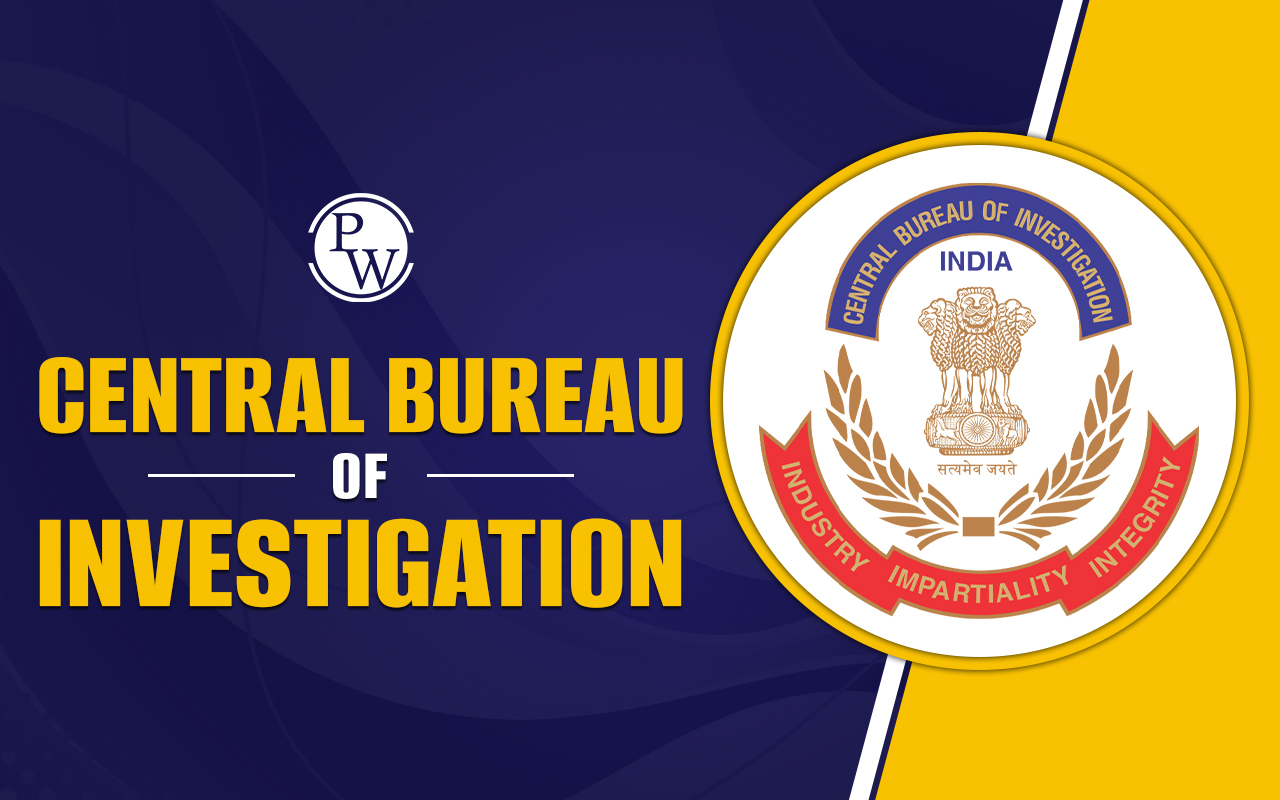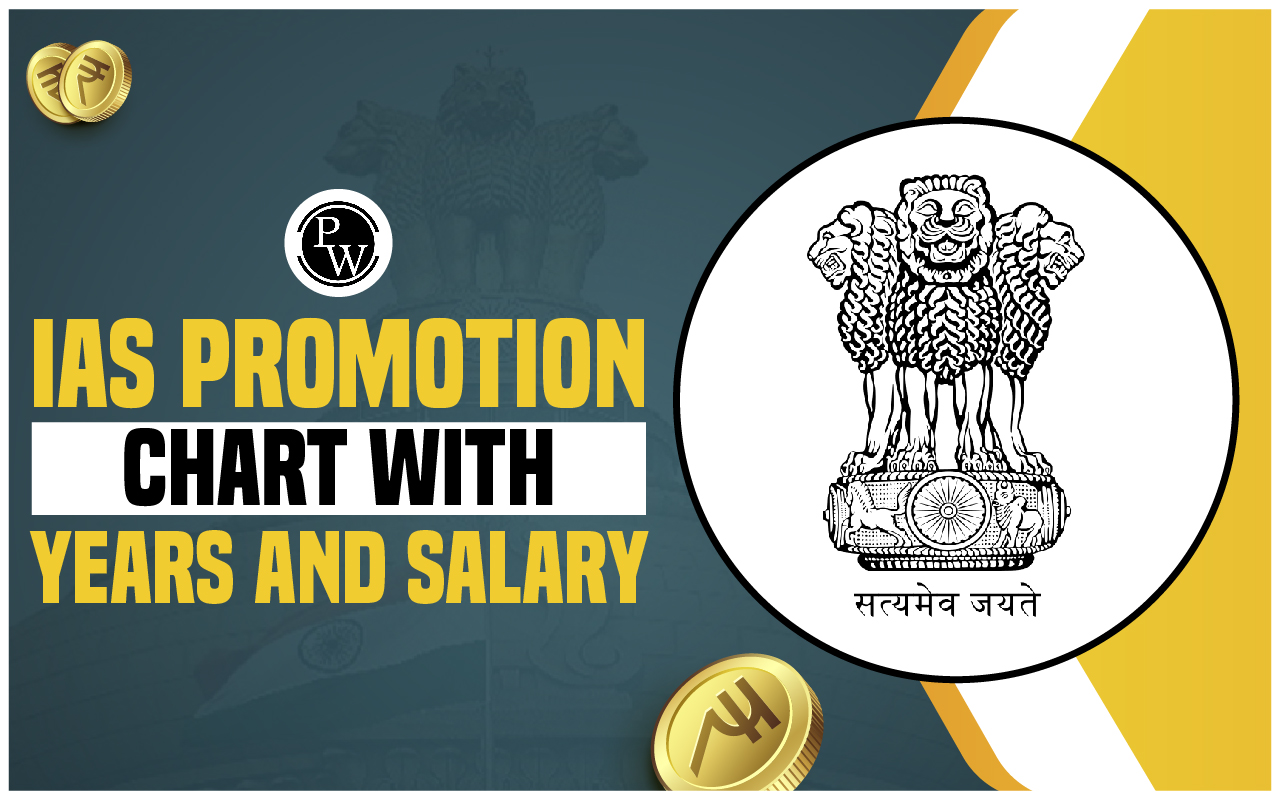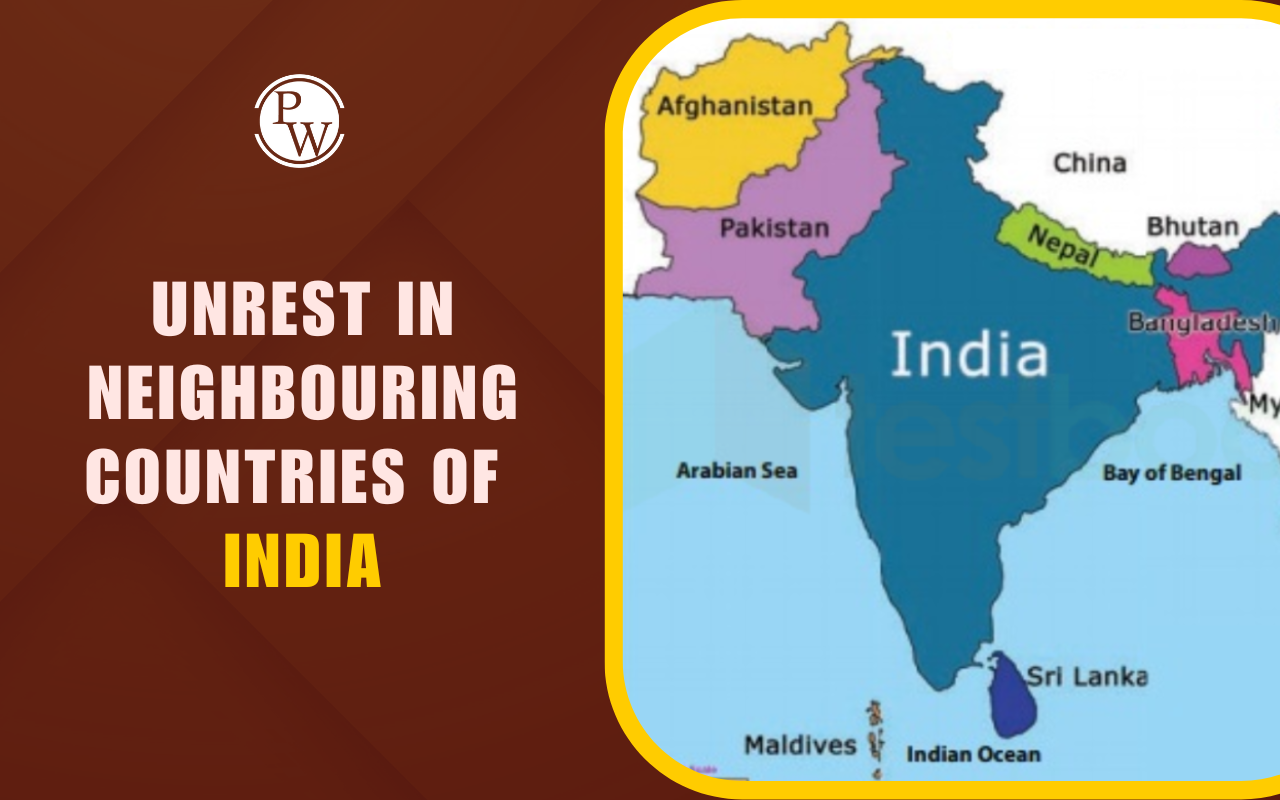
Central Bureau of Investigation: The Central Bureau of Investigation (CBI) is India's premier investigative agency, playing a key role in fighting corruption, economic offenses, and other significant criminal activities. CBI is neither a constitutional body nor a statutory body.
Having origins in 1941, it was initially established as the Special Police Establishment to address corruption in war-related industries during World War II. Over the years, it evolved into a more comprehensive investigative body, officially becoming the CBI in 1963 . For UPSC aspirants, a thorough understanding of the CBI, its functions, and its structure is crucial for the Prelims and Mains exam.CBI Full Form
The full form of CBI is the Central Bureau of Investigation. It operates under the jurisdiction of the Ministry of Personnel, Public Grievances, and Pensions and investigates cases of corruption, serious crimes, and violations of fiscal laws. The CBI was established to tackle specific cases that require specialized investigation. Its operations have expanded over the years, evolving into an organization that addresses corruption, serious crimes, and economic offenses.| CBI Overview | |
| Aspect | Details |
| Full Form | Central Bureau of Investigation |
| Established | 1963 |
| Headquarters | New Delhi |
| Ministry | Ministry of Personnel |
| Act Under Which Established | Delhi Special Police Establishment Act, 1946 |
| Recommended | Santhanam Committee on Prevention of Corruption (1962–1964) |
| Cases Handled By CBI | Crime of corruption, Economic offenses, Serious and Organized crime other than terrorism |
| Motto | Industry, Integrity, Impartiality |
Establishment of CBI
The CBI was officially established in 1963 following the recommendation of the S anthanam Committee on Prevention of Corruption (1962-1964) . Although it is not a statutory body, it derives its authority from the Delhi Special Police Establishment Act, of 1946. Initially, the CBI was set up to investigate corruption cases but later expanded to cover economic and special crimes. The Special Police Establishment (SPE), established in 1941 to investigate corruption in war-related procurements, was merged into the CBI when it was formed. The establishment of the CBI marked a significant step towards a more organized and effective investigation framework in India.Composition and Organization of CBI
The Central Bureau of Investigation is headed by a Director, supported by a Special Director or Additional Director, along with various ranks including Joint Directors, Deputy Inspector Generals, and Superintendents of Police. The CBI is composed of a multi-layered structure and has seven major divisions:- Anti-Corruption Division
- Economic Offenses Division
- Special Crimes Division
- Policy and Coordination Division
- Administration Division
- Directorate of Prosecution
- Central Forensic Science Laboratory
Appointment of CBI Director
The Director of the CBI plays a pivotal role in leading investigations and ensuring that the agency remains effective and impartial. This position is significant as it influences the overall functioning of the CBI and its operational effectiveness. The CBI Director is appointed for a fixed two-year term by a high-level committee , which includes:- Prime Minister of India (Chairperson)
- Leader of the Opposition in the Lok Sabha
- Chief Justice of India or a nominated Supreme Court judge
Functions of CBI
The CBI has a wide range of functions, making it a key agency for law enforcement in India. The functions of the Central Bureau of Investigation are:- Investigation of Corruption : It primarily handles cases related to corruption within the central government and public sector undertakings.
- Economic Offenses: The CBI investigates serious economic crimes like fraud, tax evasion, and violations of fiscal laws.
- Serious Crimes: The agency takes on organized crime, cybercrime, and cases with international ramifications.
- Coordination of Anti-Corruption Efforts: The CBI works alongside other state and central agencies to tackle corruption effectively.
- Crime Statistics and Information : It maintains crime statistics and shares crucial information with other law enforcement bodies.
CBI Vs State Police
The CBI and state police forces operate under a complementary system. While the CBI primarily handles cases concerning central government employees or of national significance, state police handle local matters.| CBI Vs State Police | ||
| Aspect | Central Bureau of Investigation (CBI) | State Police |
| Jurisdiction | Investigates crimes of national significance and central government employees | Handles local crimes and law enforcement within the state |
| Establishment | Established under the Delhi Special Police Establishment Act, 1946 | Established under respective state police acts |
| Supervision | Operates under the Ministry of Personnel | Operates under the state government |
| Functionality | Specialized investigations, including corruption and economic offenses | General law enforcement and public safety |
| Focus Areas | Corruption, organized crime, cybercrime | Theft, assault, local disturbances |
Jurisdiction of Central Bureau of Investigation
The CBI's jurisdiction is extensive but not absolute. It can investigate cases involving central government employees, inter-state crimes, and economic offenses . Additionally, it handles cases related to Public Sector Undertakings and specific assignments directed by the central government. The jurisdiction of CBI is as per:General Consent Principle
The CBI operates under the General Consent Principle, which means that state governments can grant or withdraw consent for the CBI to investigate cases within their jurisdiction. If a state government withdraws consent, the CBI must obtain fresh permission for any investigation. Without general consent, the CBI can only investigate cases based on Supreme Court directives or when a case involves central agencies.Prior Permission Provision
Previously, the CBI needed prior approval before conducting investigations into officers of the rank of Joint Secretary and above. However, in 2014, the Supreme Court declared this provision unconstitutional for violating Article 14 , The ruling emphasized that no public servant should be exempt from corruption investigations, regardless of rank or position.Supreme Court Judgments on CBI
The Supreme Court of India has played a significant role in shaping the functioning of the CBI. Some of its notable judgments on CBI include:- Vineet Narain Case (1997): The Supreme Court made several recommendations to ensure the CBI's independence and accountability, including the appointment of the CBI director by a committee.
- CVC Act (2003): The Court’s guidelines led to the enactment of the Central Vigilance Commission Act, which redefined the CBI’s supervisory framework.
- 2023 Judgement: The Supreme Court upheld the Union’s power to grant three one-year tenure extensions to the Directors of the CBI and ED.
| UPSC Related Articles | ||
| UPSC Prelims Questions | NCERT for UPSC Exam 2025 | UPSC Mains Admit Card |
| UPSC Mains Exam Pattern | Prepare for the UPSC Interview | Compulsory Subjects for UPSC Exam |
Central Bureau of Investigation FAQs
CBI was established in which year?
The CBI was established in 1963 following the recommendations of the Santhanam Committee.
CBI comes under which ministry?
The CBI functions under the Ministry of Personnel, Public Grievances, and Pensions.
CBI was established under which act?
The CBI derives its powers from the Delhi Special Police Establishment Act, of 1946.
What types of cases does the CBI investigate?
The CBI investigates cases related to corruption, economic offenses, and serious crimes such as organized crime and cybercrime.
Who appoints the Director of CBI?
The Director of the CBI is appointed by a high-level committee that includes the Prime Minister, the Leader of the Opposition, and the Chief Justice of India or a nominated Supreme Court judge.
Talk to a counsellorHave doubts? Our support team will be happy to assist you!

Check out these Related Articles
Free Learning Resources
PW Books
Notes (Class 10-12)
PW Study Materials
Notes (Class 6-9)
Ncert Solutions
Govt Exams
Class 6th to 12th Online Courses
Govt Job Exams Courses
UPSC Coaching
Defence Exam Coaching
Gate Exam Coaching
Other Exams
Know about Physics Wallah
Physics Wallah is an Indian edtech platform that provides accessible & comprehensive learning experiences to students from Class 6th to postgraduate level. We also provide extensive NCERT solutions, sample paper, NEET, JEE Mains, BITSAT previous year papers & more such resources to students. Physics Wallah also caters to over 3.5 million registered students and over 78 lakh+ Youtube subscribers with 4.8 rating on its app.
We Stand Out because
We provide students with intensive courses with India’s qualified & experienced faculties & mentors. PW strives to make the learning experience comprehensive and accessible for students of all sections of society. We believe in empowering every single student who couldn't dream of a good career in engineering and medical field earlier.
Our Key Focus Areas
Physics Wallah's main focus is to make the learning experience as economical as possible for all students. With our affordable courses like Lakshya, Udaan and Arjuna and many others, we have been able to provide a platform for lakhs of aspirants. From providing Chemistry, Maths, Physics formula to giving e-books of eminent authors like RD Sharma, RS Aggarwal and Lakhmir Singh, PW focuses on every single student's need for preparation.
What Makes Us Different
Physics Wallah strives to develop a comprehensive pedagogical structure for students, where they get a state-of-the-art learning experience with study material and resources. Apart from catering students preparing for JEE Mains and NEET, PW also provides study material for each state board like Uttar Pradesh, Bihar, and others
Copyright © 2025 Physicswallah Limited All rights reserved.










